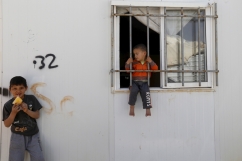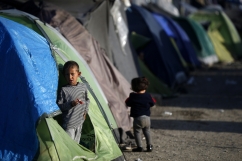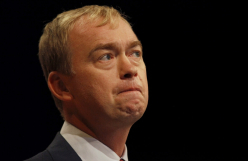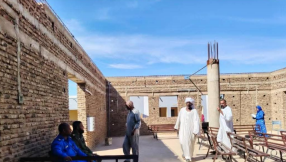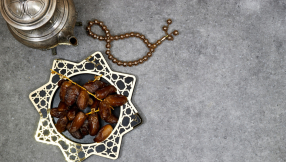The government has been defeated for a second time in the House of Lords over fresh calls to take in child refugees in Europe.

Lord Dubs, the Labour peer who tabled the initial amendment to the Immigration Bill that was rejected by MPs on Monday night, proposed a second amendment. It would force the government to relocate child refugees in European camps but left the number to be decided by ministers.
The House of Lords, where the Conservatives do not hold a majority, passed Dubs' second amendment by 279 votes to 172. Unlike the first amendment it did not prescribe the 3,000 figure but would require ministers to consult with local authorities before arriving at a number for relocation.
Home office minister Earl Howe said the government was already fulfilling its duty to help those in need and pointed to aid given to Syria and as well as the extra 3,000 children the government has promised to take from camps in the Middle East.
He added that "physically transporting unaccompanied children from one part of the EU to another is not the best or most effective way to fulfil our duty".
Lord Dubs, who arrived in the UK as a refugee fleeing Nazi Germany in 1939, welcomed the government's existing support for refugees. However he said: "When all is said and done, the government will still leave thousands of children in Europe.
"Children who are vulnerable, children who are in an unhappy situation, children who are in danger possibly even to their lives and certainly to their wellbeing."
The Immigration Bill will now return to the House of Commons and MPs will have to decide again whether to pass Dubs' amendment. On Monday the first option to accept 3,000 from Europe was narrowly defeated by 294 to 276 after the promise of a Tory rebellion failed to materialise.
Labour, Lib Dem and SNP MPs united against the government but the home office's announcement it would take 3,000 more children from camps in the Middle East, but not Europe, succeeded in halting a rebellion.
Labour's shadow immigration minister, Keir Starmer, said after the vote: "It's not over. The fight will go on." He told BBC Radio 4's Today programme: "We can't turn our backs on these vulnerable children in Europe, and history will judge us for that."










